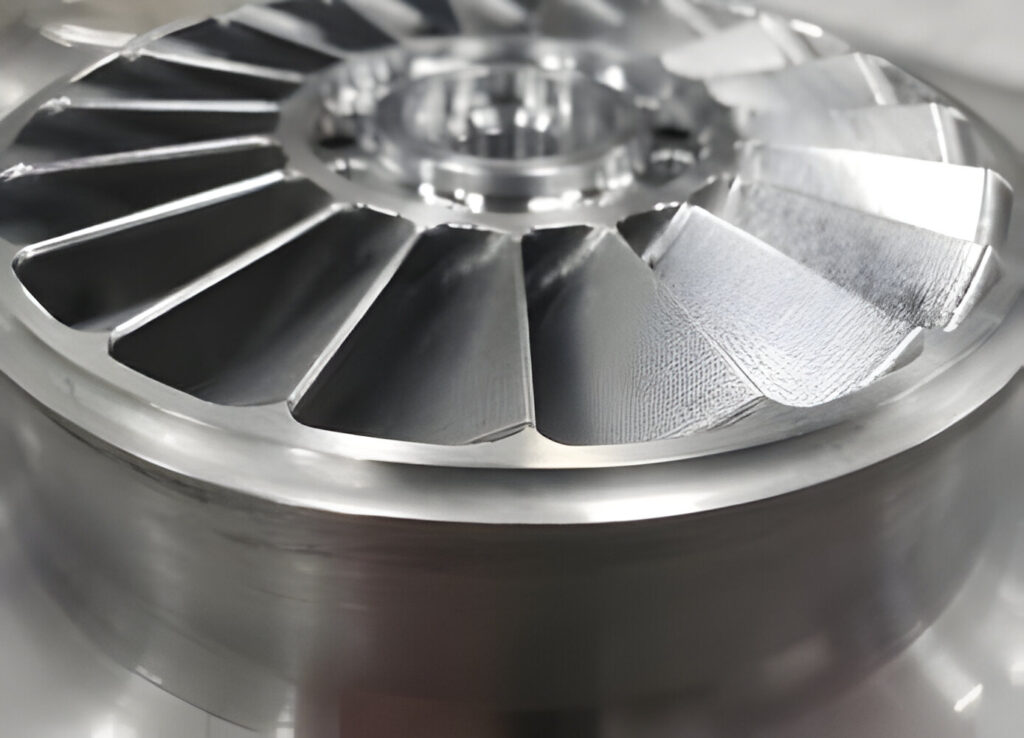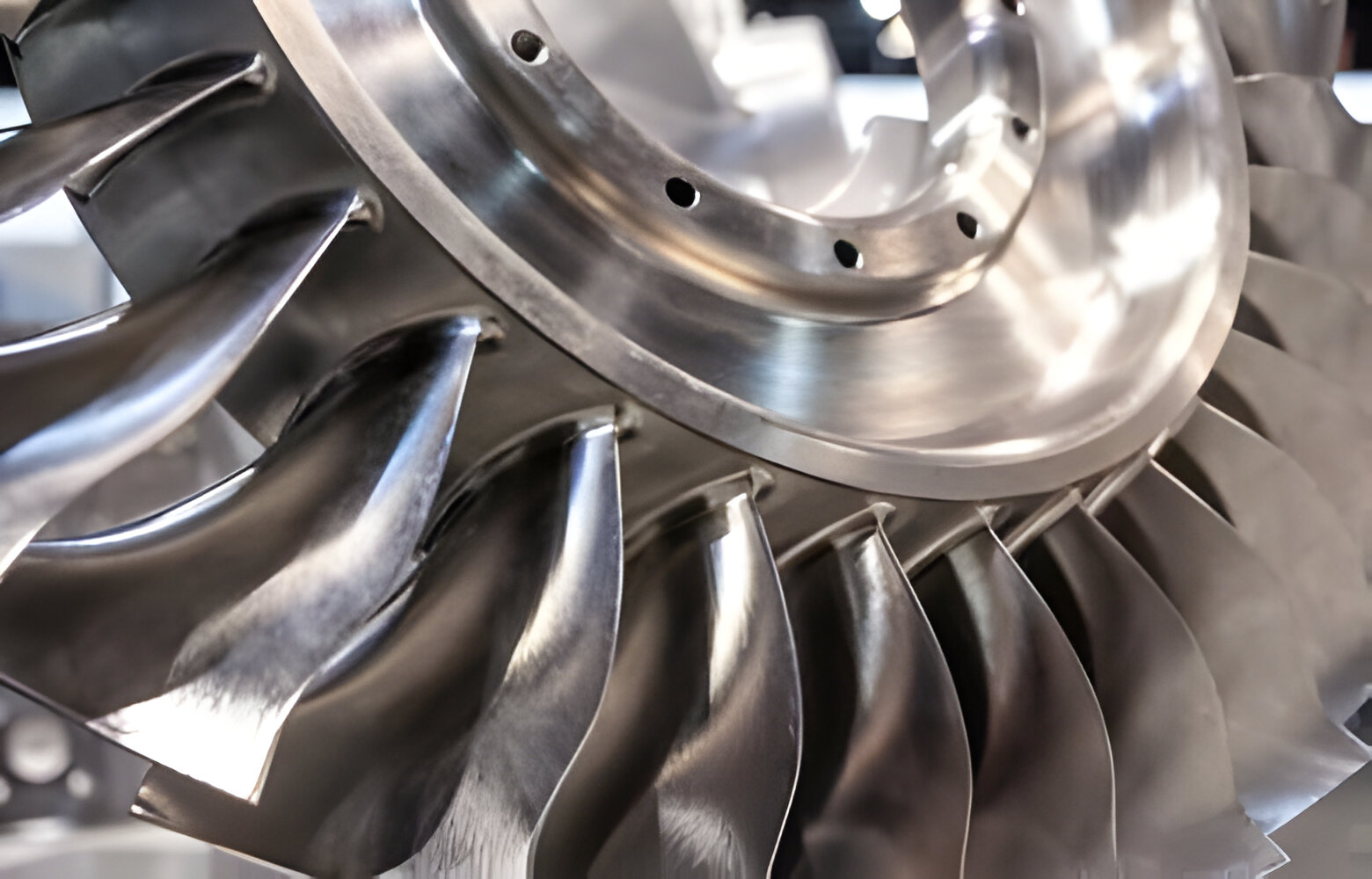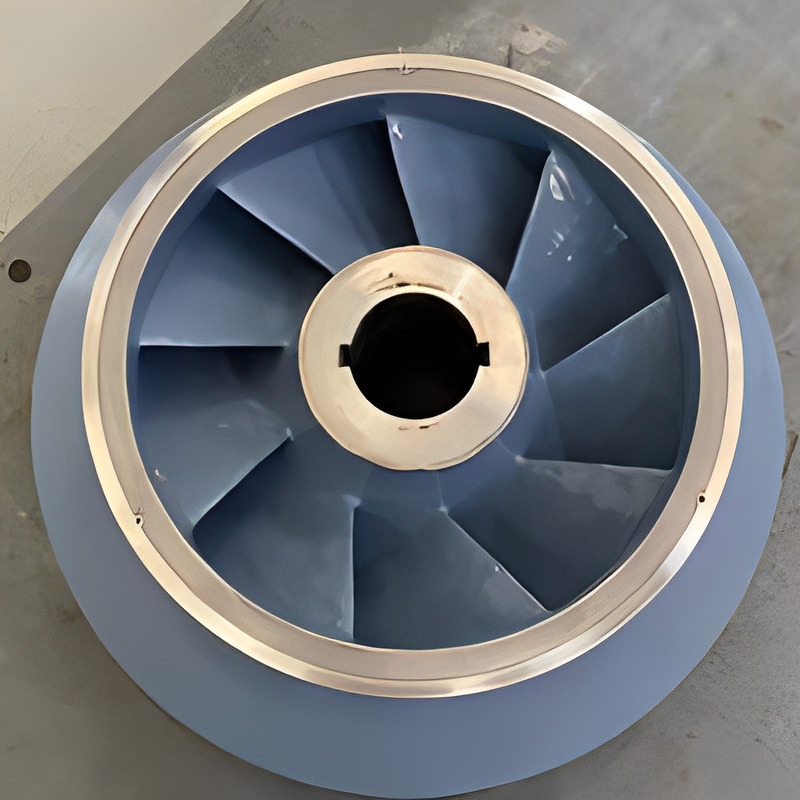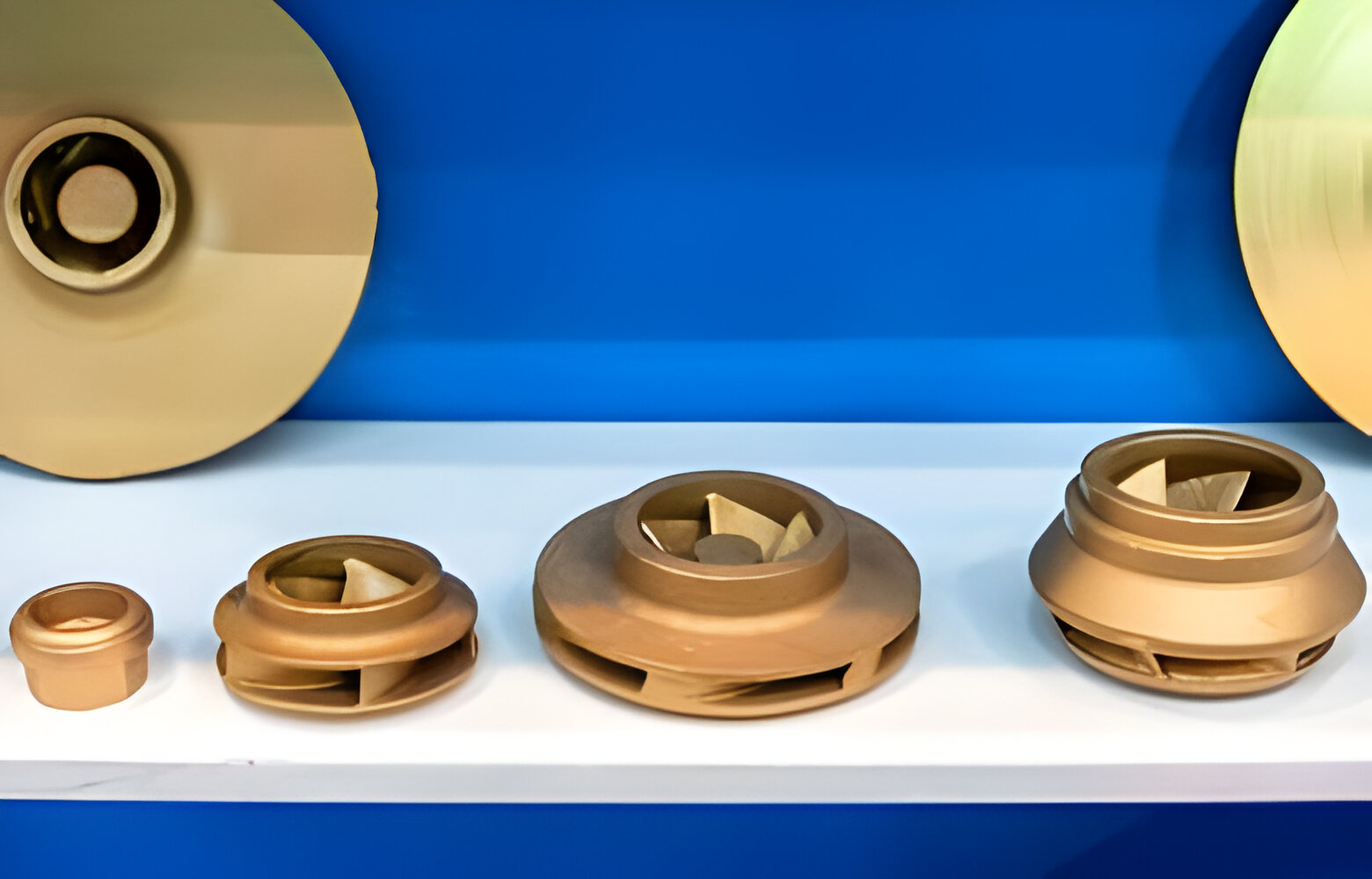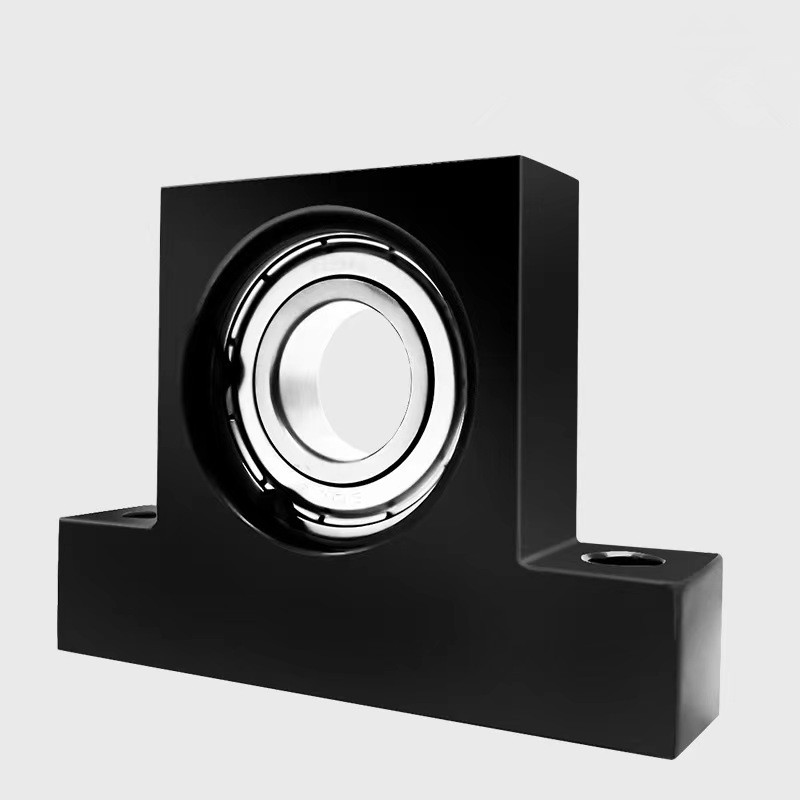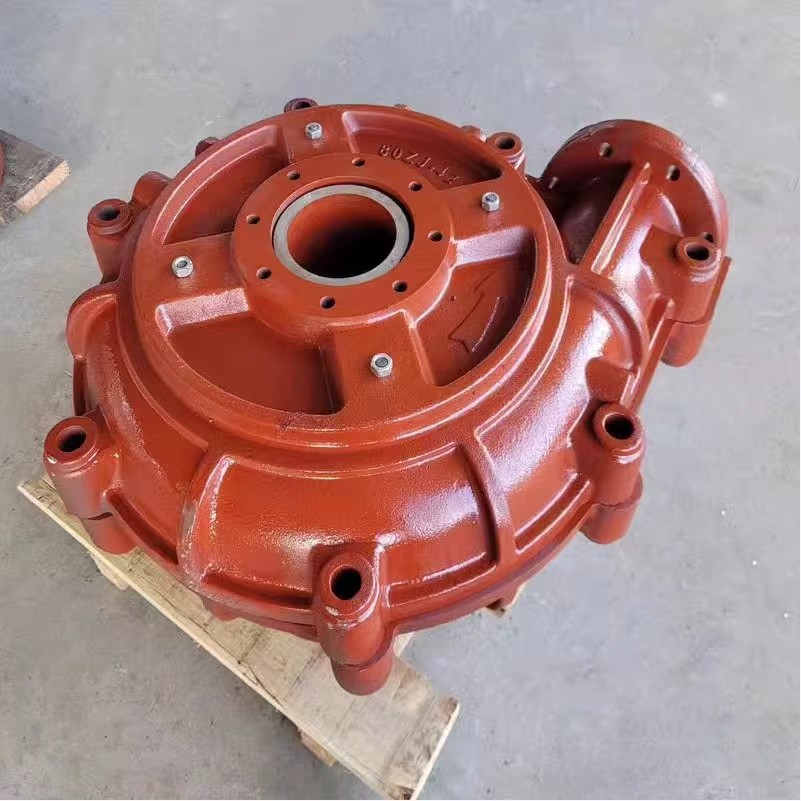In the world of industrial machinery, impellers play a crucial role in enhancing performance and efficiency. An OEM well casted impeller stands out for its precision and reliability, particularly in demanding applications. This article delves into the benefits of OEM well casted impellers, the casting processes used, and their diverse applications.
Understanding OEM Well Casted Impellers
OEM (Original Equipment Manufacturer) well casted impellers are specifically designed for high-performance applications, ensuring compatibility with original equipment standards. These impellers are crafted through precise casting methods to guarantee durability and efficiency.
Casting Processes
- Investment Casting Impeller: Investment casting, also known as lost-wax casting, is a process where a wax model of the impeller is coated with a ceramic shell. Once the shell hardens, the wax is melted away, leaving a mold for molten metal. This method is ideal for producing intricate and detailed impeller designs, commonly used for stainless steel impeller casting.
- Sand Casting Impeller: Sand casting involves creating a mold from sand and pouring molten metal into it. This process is well-suited for larger impellers or those with simpler designs. It is often used for cast iron impellers due to its cost-effectiveness and suitability for high-volume production.
- Centrifugal Casting: Centrifugal casting is employed for creating high-strength impellers by spinning the mold at high speeds. This method ensures uniform material distribution and is frequently used for centrifugal pump impellers that require high durability and performance.
Applications of Impellers
- Water Pump Impellers: Water pump impellers are essential for circulating water in various systems, including residential and industrial applications. OEM well casted water pump impellers are designed to handle high flow rates and pressures, ensuring efficient water movement and longevity.
- Fuel Pump Impellers: Fuel pump impellers are crucial in automotive and industrial fuel systems. These impellers must operate efficiently under high temperatures and pressures, making the use of precision-casted OEM impellers essential for reliable fuel delivery.
- Pool Pump Impellers: In pool maintenance, pool pump impellers help circulate water and maintain cleanliness. High-quality OEM casted impellers ensure that the pump operates effectively, reducing the likelihood of clogging and maintaining optimal water flow.
FAQs
- What is the difference between cast iron impellers and stainless steel impellers? Cast iron impellers are known for their durability and cost-effectiveness, making them suitable for less corrosive environments. Stainless steel impellers, on the other hand, offer superior resistance to corrosion and wear, ideal for harsher environments.
- How does the impeller casting process affect performance? The casting process directly impacts the impeller's strength, precision, and performance. High-quality casting methods like investment casting ensure that the impeller meets stringent performance standards and enhances the overall efficiency of the equipment.
- What are the benefits of choosing OEM casted impellers? OEM casted impellers are designed to meet the exact specifications of the original equipment, ensuring compatibility and optimal performance. They offer higher reliability and durability compared to generic or aftermarket alternatives.
Choosing OEM well casted impellers offers numerous advantages, including enhanced performance, durability, and efficiency. By selecting the right casting process and material, you ensure that your impeller meets the highest standards for your specific application. For top-quality OEM well casted impellers and to explore our extensive range of products, visit our website at [kt-foundry].

